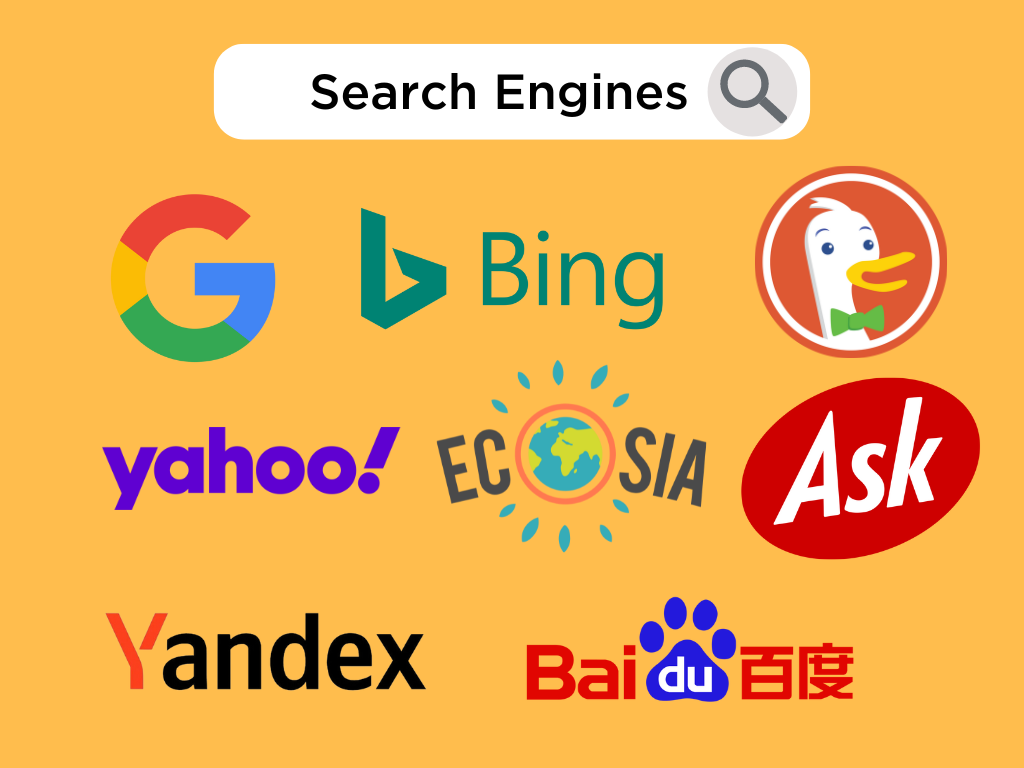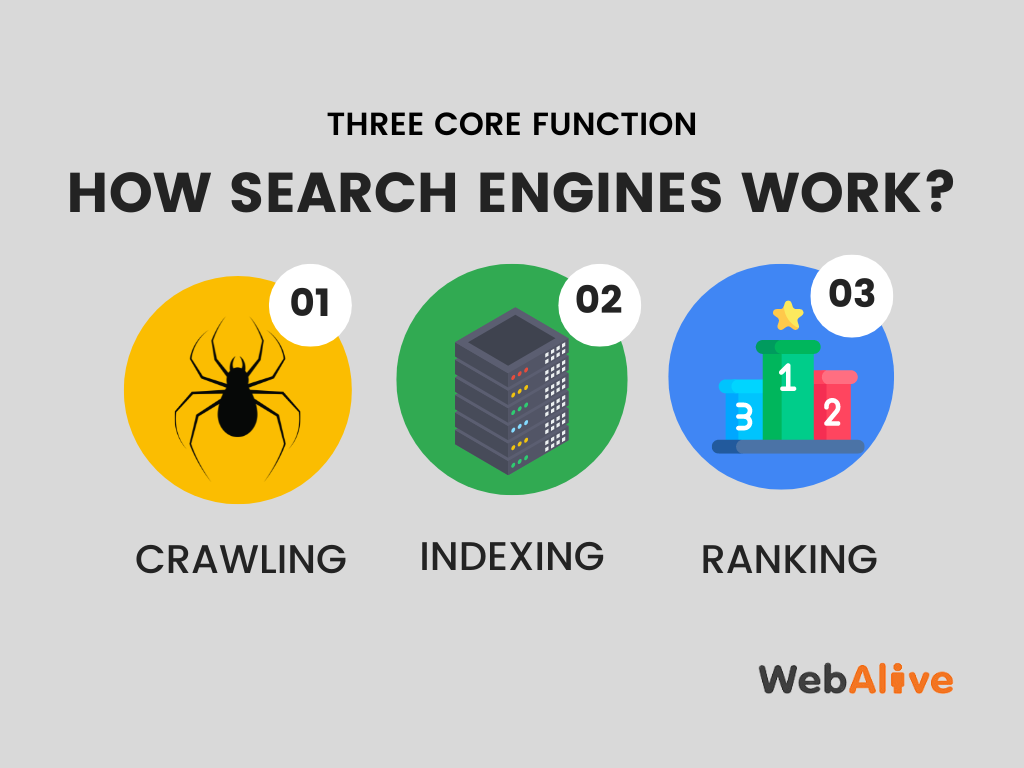
An Introduction to Search Engines and How They Work
Whether you’re a developer, designer, small business owner, or marketing professional, understanding the inner workings of search engines is essential. Search engines are today’s version of magical lamps with wish-granting genies inside. But instead of granting wishes, they’re all about satisfying your curiosity.
This article will walk you through the process of search engines and how they operate, from discovering and organizing information to presenting it to users, step by step.
What is a Search Engine?
A search engine is a software system that allows users to search for information on the World Wide Web. By scanning and indexing information on literally billions of websites, the search engine is able to present relevant pages to the user when they submit a search query. The results (which are known as the search engine results pages or SERPS) are listed according to how relevant or useful the search engine determines the particular page to be.
Search Engines can be used to find pages, images, videos, business addresses, and other kinds of information. They find this information and rank the pages they feel are relevant according to complex algorithms that are tweaked and improved regularly.
If we make a list of great search engines worth considering, it will include:

- Microsoft Bing
- Yahoo
- Baidu
- Yandex
- Ecosia
- DuckDuckGo
- Ask.com
How does a search engine work?
To return relevant and helpful information in the SERPS for search queries, a search engine needs to store information about as many web pages as possible. The search engine does this by crawling (or scanning, if you like) and subsequently indexing many web pages into its database, which it can then present to users when they search for a particular keyword or set of keywords.
Websites are crawled by search engines regularly, meaning that fresh content is recognised by the search engine and considered when ranking. Webmasters can also notify a search engine that new content has been added to ensure it is indexed as soon as possible.
The search engine determines the relevance of a particular webpage by analysing the information it has indexed according to certain key indicators as per its algorithm. Among many other factors, these include the meta tags, headings and actual written content on the page from which the search engine recognises certain key phrases, images and information that it uses to determine the quality of the experience the webpage offers.
The user’s specific settings also come into play in determining which pages show up in the SERPS, such as their location, their search history and any restrictions and/or provisos they have placed on the search.
In recent times, search engines such as Google and Bing have provided paid advertising services, displaying an ad deemed relevant to a search query. Rather than using an algorithm to determine which web pages are shown, search engines display the highest bidder’s ad.
In short, search engines operate via three core functions:

Crawling: Crawling involves scouring the internet for content and meticulously examining the code and content of each URL encountered.
Indexing: Indexing follows, where the content discovered during the crawling phase is stored and organized. Once a page is indexed, it becomes eligible to appear due to relevant queries.
Ranking: Ranking is the process of presenting the most fitting pieces of content to answer a searcher’s query. This entails arranging results from most to least relevant.
Is it important to rank higher?
In many ways, search engines are the new Yellow Pages.
Research shows that some 76% of consumers use search engines to find local businesses, with Google accounting for 67% of all searches.
In comparison, Bing and Yahoo! are used for a combined 27.1% of total searches. Google is the most widely used search engine and is far and away the most popular means of finding information and services, with roughly 5 billion daily searches in 2012.
If you can rank highly in your area for a relevant keyword to your business, this can be very valuable in terms of bringing in sales and enquiries. It’s one thing to have a great website and to offer a great service, but people need to be able to find out about you, and the most popular way of finding out about things is via search engines.
Further, statistics indicate that users usually find the information they’re looking for in one of the first 3 results in the SERPS, so later results have a much lesser chance of receiving traffic.
In fact, almost 50% of people click on the first result, while very few make it all the way to the second or third page. That said, these numbers are likely to differ somewhat when looking solely at transactional searches, where the user is not necessarily conducting a search to find something but is instead looking to make a purchase.
Naturally, it depends on the product or service in question. However, generally, someone looking to buy is willing to delve deeper into Google’s SERPS than someone who’s simply looking for information.
Related article: What is SEO
What is search engine optimisation?
In view of the advantages of being highly ranked in Google, Bing and Yahoo, Search engine marketing has become a hugely relevant aspect of wider marketing strategies for small, medium and large businesses.
Search engine optimisation refers to activities that positively contribute to the search engine ranking of a particular website. It considers several ranking factors that determine rank according to the search engine’s algorithm.
Wrapping up
It is crucial to have unique and valuable content on the website. This includes both the visible content on the page and meta tags, including titles and descriptions (which exist in every page’s HTML source code).
Creating a catalogue of links from high-quality and relevant websites is a good way to increase a website’s standing from the search engine’s perspective. Following ethical practices is also important for long-term success as search engine algorithms become increasingly savvy.
You read a lot. We like that
Want to take your online business to the next level? Get the tips and insights that matter.

